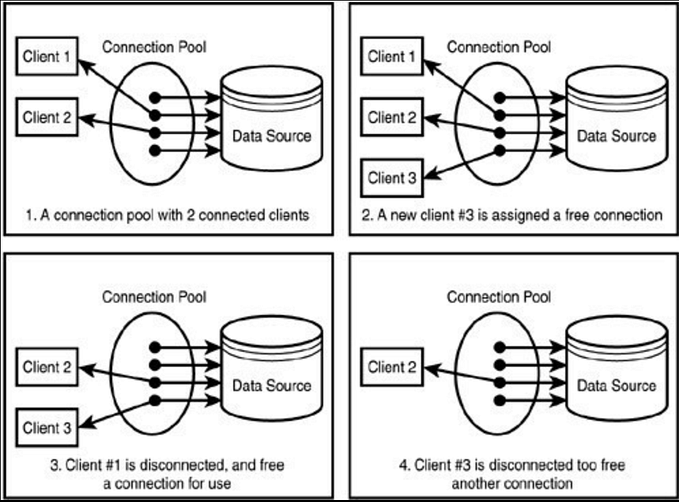Member-only story
Demystifying Spring Transactional Management: A Comprehensive Guide

Introduction:
Spring Framework’s transactional management is a crucial aspect of building robust and reliable enterprise applications. In this extensive guide, we will delve into the intricacies of Spring’s transaction management, exploring its fundamental concepts, configuration options, and best practices. By the end of this article, you’ll have a solid understanding of how to effectively manage transactions in your Spring-based projects.
Understanding Transactions:
In the context of database operations, a transaction represents a sequence of one or more statements that are executed as a single unit of work. Either all the statements within the transaction are executed successfully, or the entire transaction is rolled back, ensuring data integrity.
Key Concepts:
1. ACID Properties:
Transactions in Spring adhere to the ACID properties — Atomicity, Consistency, Isolation, and Durability. These properties ensure that database transactions are reliable and maintain the integrity of the data.
2. Transaction Manager:
The PlatformTransactionManager interface in Spring serves as the core abstraction for transaction management. It provides methods for beginning, committing, and rolling back transactions.
3. Declarative vs. Programmatic Transaction Management:
Spring supports both declarative and programmatic approaches to transaction management. Declarative management involves annotating methods or classes with transactional metadata, while programmatic management involves explicitly coding transactional behavior using the Spring API.
Declarative Transaction Management:
1. @Transactional Annotation:
The @Transactional annotation is a powerful tool for declarative transaction management in Spring. By applying this annotation to a method or class, you can specify transactional behavior such as isolation level, propagation behavior, and rollback conditions.
@Service
public class UserService {
@Autowired
private UserRepository userRepository;
@Transactional
public void…




